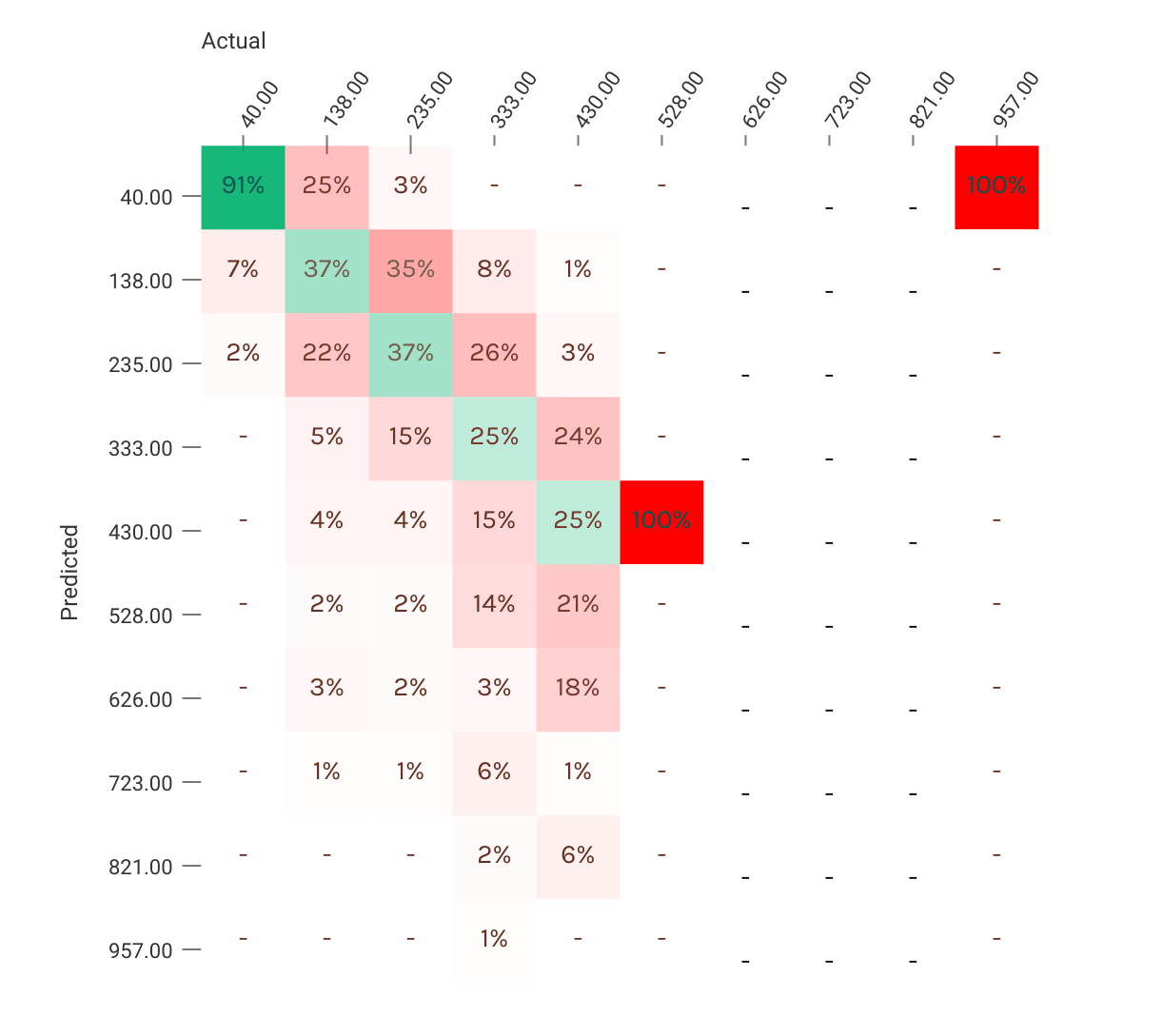Author Archives: Vicențiu Ciorbaru
MariaDB 10.11.0, our latest preview release, features quite a number of improvements. The one we’ll talk about today is GRANT … TO PUBLIC.
Background
MariaDB has quite a complex privilege system. Most of it is based on the SQL Standard spec; however we do have some specific MariaDB extensions. GRANT … TO PUBLIC (MDEV-5215) is a standard feature that is now available as a preview in MariaDB 10.11.0. It is related to ROLES and DEFAULT ROLE, but it covers a different use case.
ROLES are effectively “privilege packages” that you can enable and disable as a user.
…
Our most recent MariaDB Server release introduced some regressions starting with the 10.6 series, affecting 10.7 – 10.9 as well. This blog post is here to explain the problems in hopes that the impact is minimized. We are likely going to release a new version of MariaDB correcting these problems soon.
InnoDB Full Text Index on tables causes an assertion error (MDEV-29342)
There was a bug in the InnoDB Storage Engine where the full text index could go out of sync with the actual table data. This would happen when only one new row was inserted between the last InnoDB sync (which happens asynchronously) and a server shutdown.
…
Continue reading “Regressions in recent MariaDB Server releases”
A few weeks ago we hosted a webinar together with Acronis and CPanel on security and backup best practices as both provide software in this space. Acronis develops Cyber Security cloud based software particularly specializing in backup and disaster recovery for other service providers. CPanel in turn helps those service providers to enable their customers to administer their systems via a fully fledged dashboard. The webinar was a follow-up on another join presentation at CloudFest. The webinar presented quite a number of good ideas and I highly recommend you watch it.
…
Continue reading “Cyber Protection – best practices for backing up data”
MariaDB has had support for histograms as part of Engine Independent Table Statistics since 10.0. As part of Google Summer of Code (MDEV-21130), Michael Okoko, together with his mentor Sergey Petrunia, have implemented a new format (using JSON) for histograms that significantly improves the accuracy and flexibility of histograms. For those just interested in the feature details, you can skip to the “New format”, however if one is unfamiliar with the purpose of histograms, read on.
Why statistics are needed
Histograms are important for queries where the WHERE clause uses columns that are not indexed.
…
MindsDB is an AutoML framework that lets software engineers do machine learning, without having to go through the whole data science pipeline. Additionally, MindsDB has done a seamless integration with MariaDB, by making use of the Connect Storage Engine.
If you want to learn more about how you can do AI straight from inside MariaDB, register for the webinar on 18th of May 16:00 GMT. MariaDB Foundation, together with MindsDB will cover the following topics in detail:
- Why AI inside the database makes sense
- How MariaDB is built to facilitate AI integrations.
…
2020 has seen quite a few developments with the ARM architecture. For MariaDB things are no different. First we have expanded our testing infrastructure to cover more Linux distributions (Debian, Ubuntu, Fedora, CentOS, RedHat) on ARM and we are now building packages for all of them. The next MariaDB release will include additional binary tarballs for ARM distributions, in addition to the already existing RPM and DEB packages.
All this could not be accomplished without the help of Huawei, who have donated several ARM builders to our effort. We strongly believe that only by testing on as many different platforms as possible, with as many different compilers as possible we can guarantee MariaDB’s performance and stability.
…
Machine learning is one area that cannot succeed without data. Traditionally, machine learning frameworks read it from CSV files or similar data sources. This brings an interesting set of challenges because in most cases the data is stored in databases, not simple raw files. It takes time and effort to move data from one format to another. Additionally, one needs to write some code (usually python) to prepare the data just like the ML framework expects it.
I was pleasantly surprised when I saw during the MariaDB Server Fest that MindsDB, an automatic machine learning system, presented their integration with MariaDB.
…
It’s been close to four months since we announced our new project of renewing MariaDB Downloads. We are now ready to launch our first version. We have done a lot of work behind the scenes which will simplify further developments. A technical breakdown post is coming, but for now, let’s focus on the new features!
In with the new
User friendliness – one click to download
User friendliness is at the core of MariaDB (going all the way back to MySQL times). It should be really easy to download, install and run MariaDB.
…
